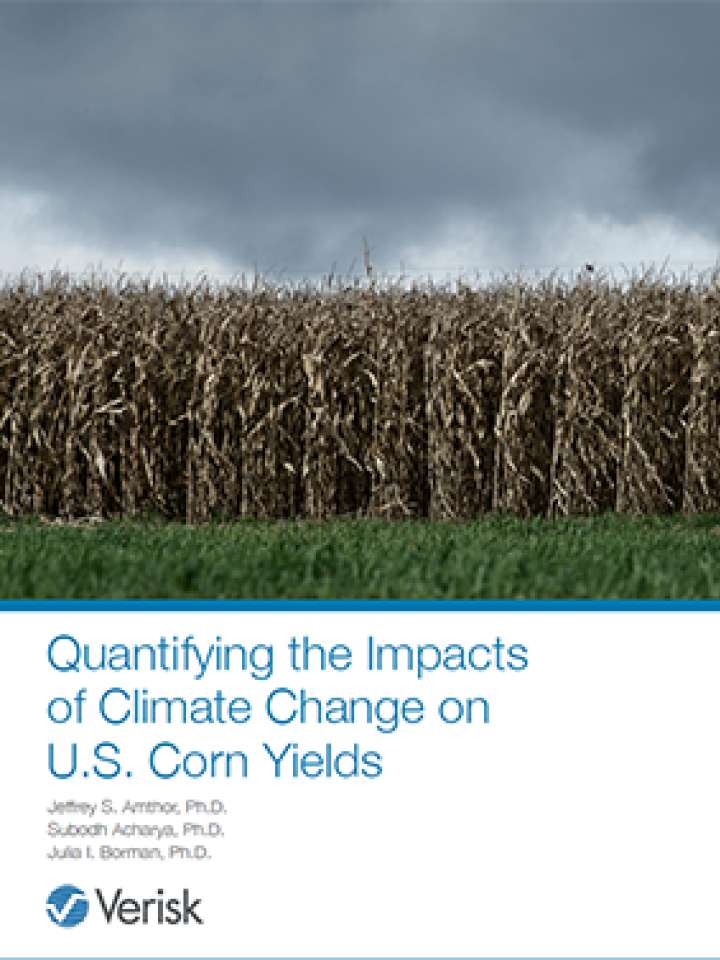Quantifying the impacts of climate change on U.S. corn yields
This research discuses that despite the robust, positive trends in crop yields in recent decades, and the remarkably successful plant breeding programs across the world, poor weather still negatively affects the growth of crops and the production of their desired products, such as seeds, roots or tubers, and fibers, on a regular basis. That poor weather can take the form of extremes in temperature such as cold snaps or heat waves during the growing season.
The purpose of this research was to determine (isolate) effects of variation in weather and climate on corn yield, with other factors held constant by the crop model. To accomplish this goal of isolating effects of weather/climate on crop yield, the crop model held corn genetics and other technological factors constant a t circa 2019 values—i.e., the model was parameterized for circa 2019 corn yield potential across the Corn Belt.
In this study, not only did the climate change scenario experiment result in a significant drop in average simulated corn yield across the Corn Belt during the decade 2046–2055 relative to the decade 1991–2000, but the interannual variation in yield for both rainfed and irrigated crops tended to be greater.
Explore further
